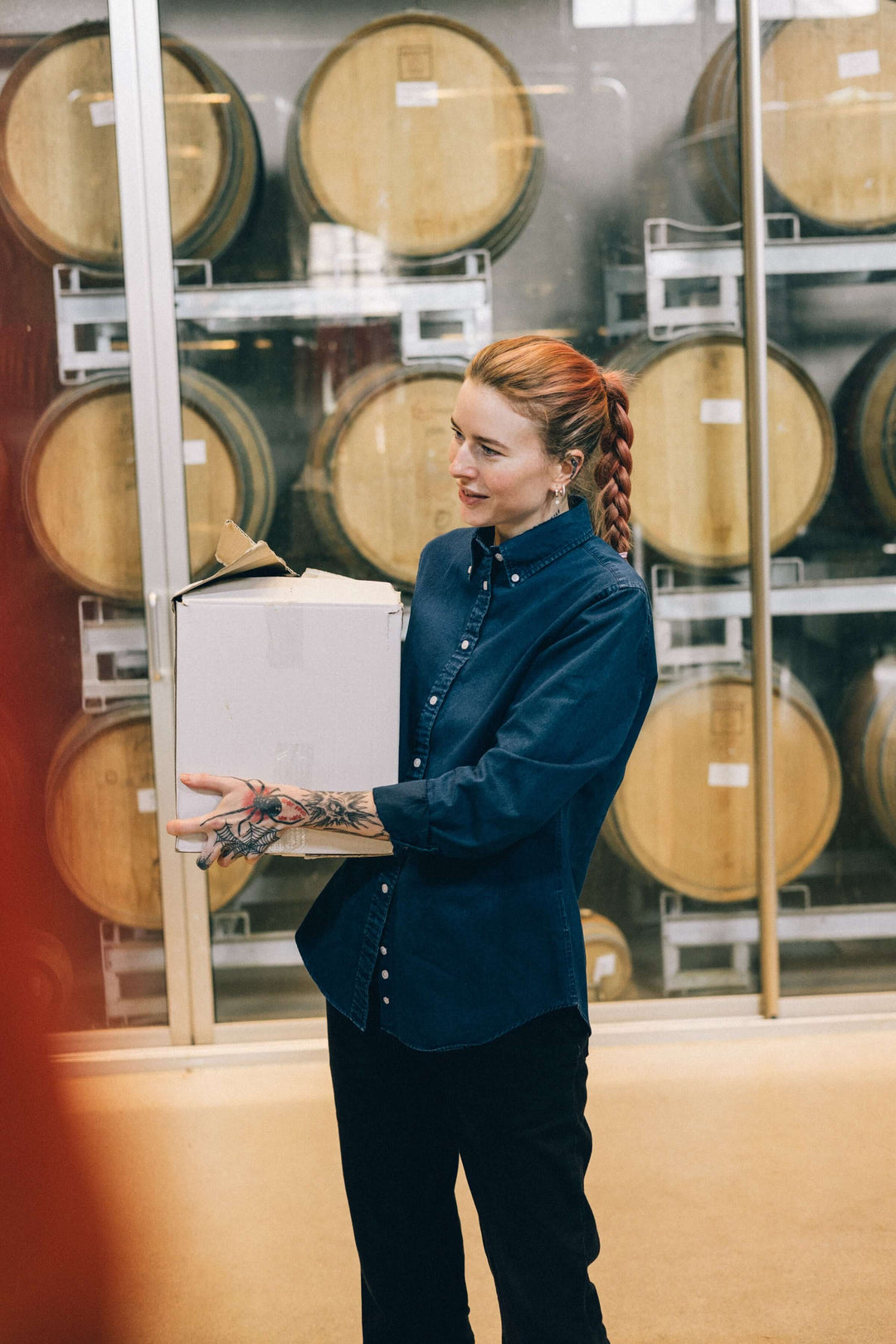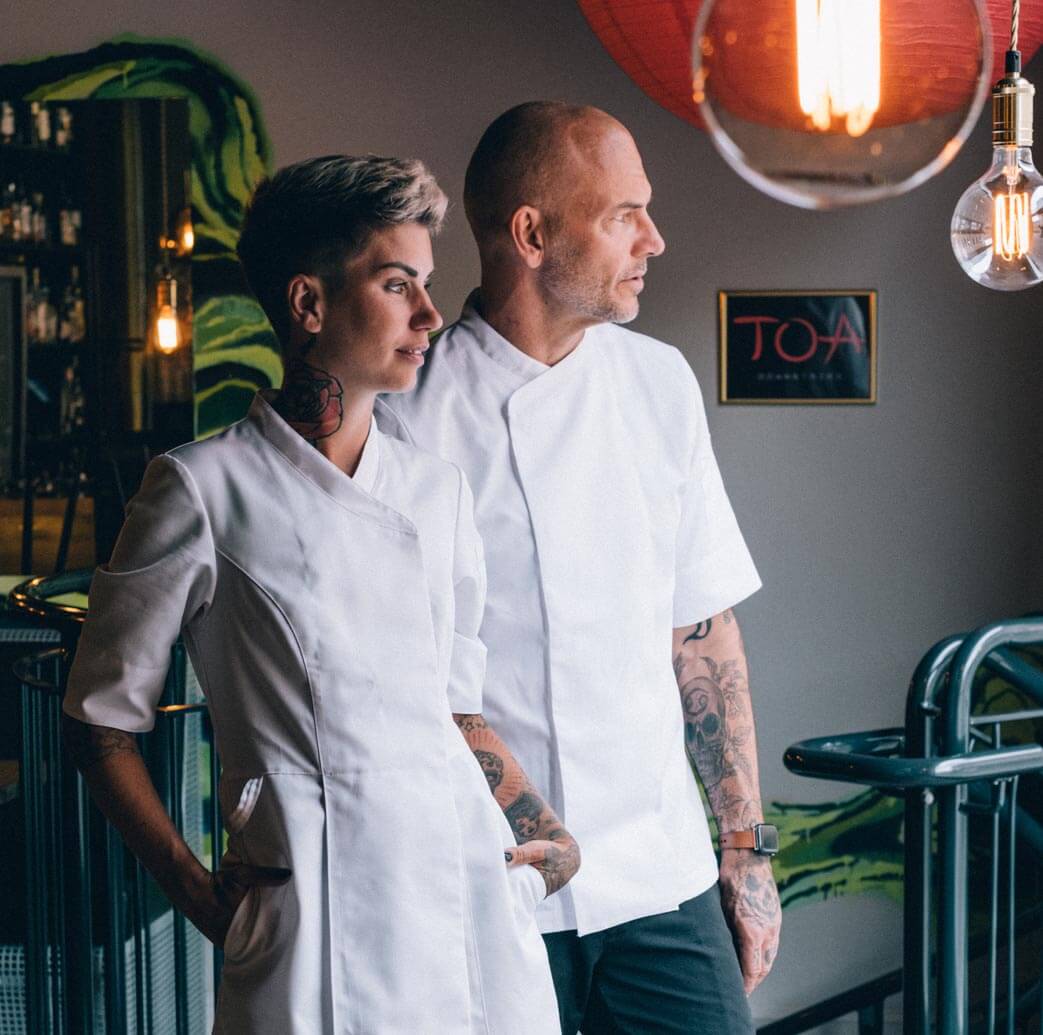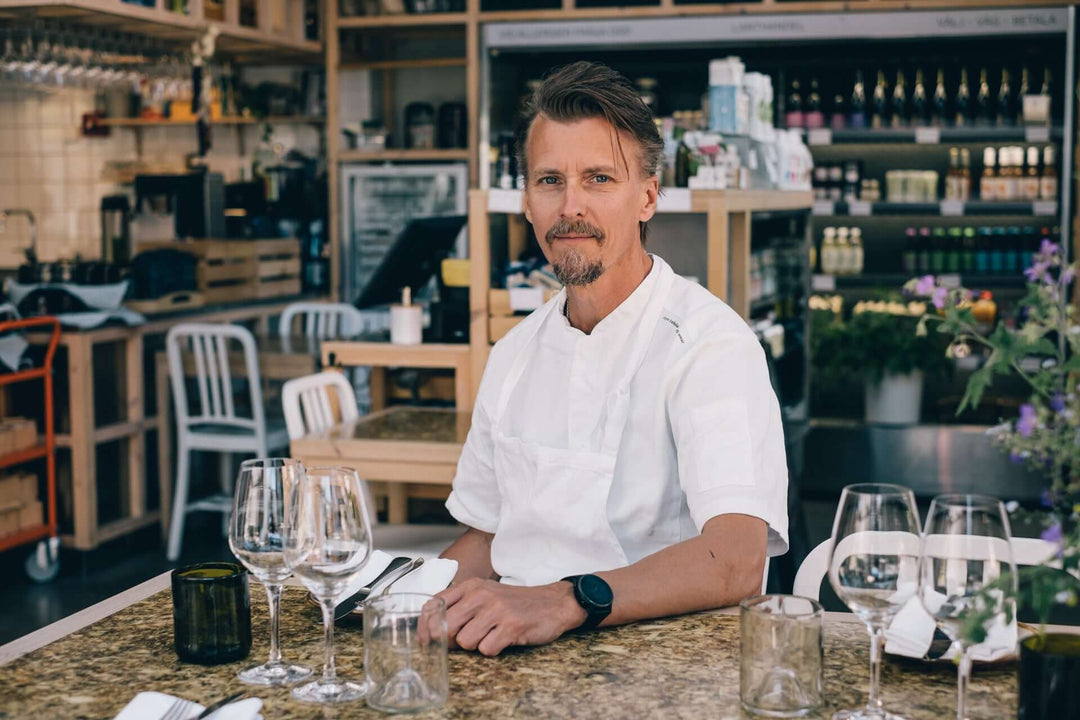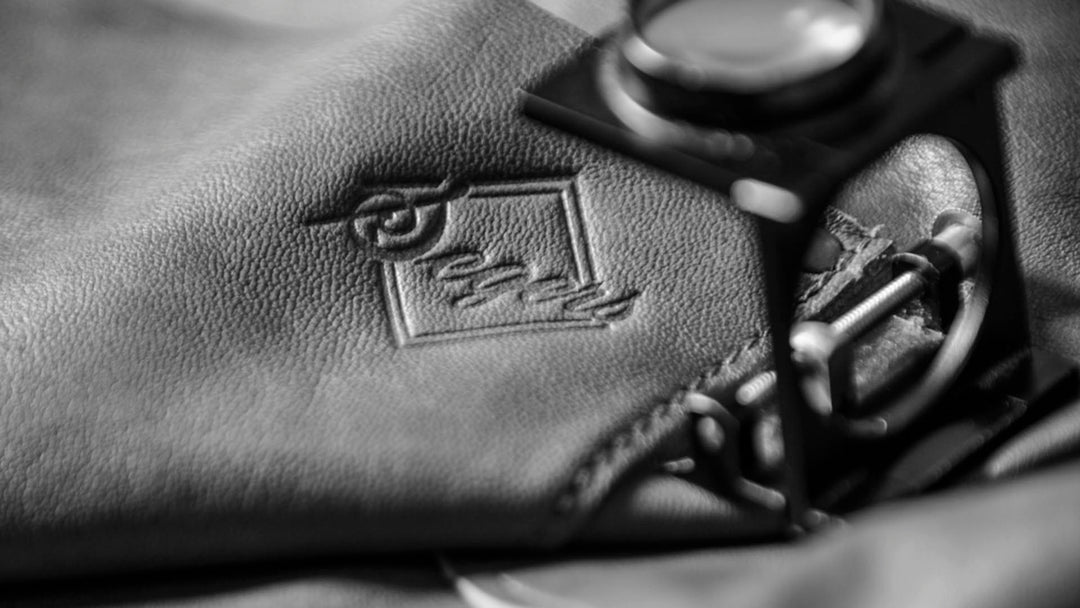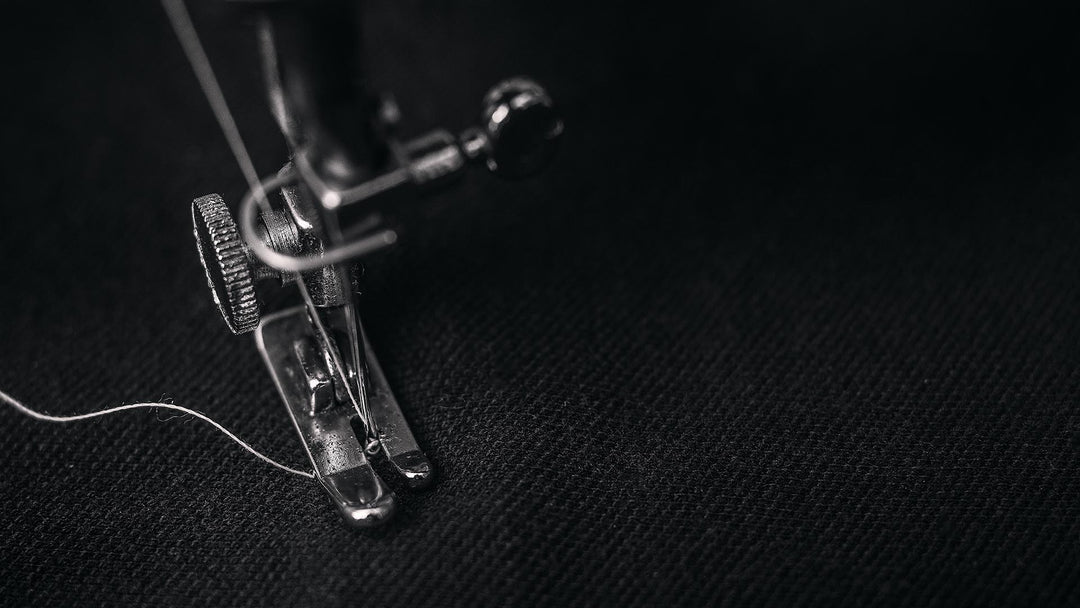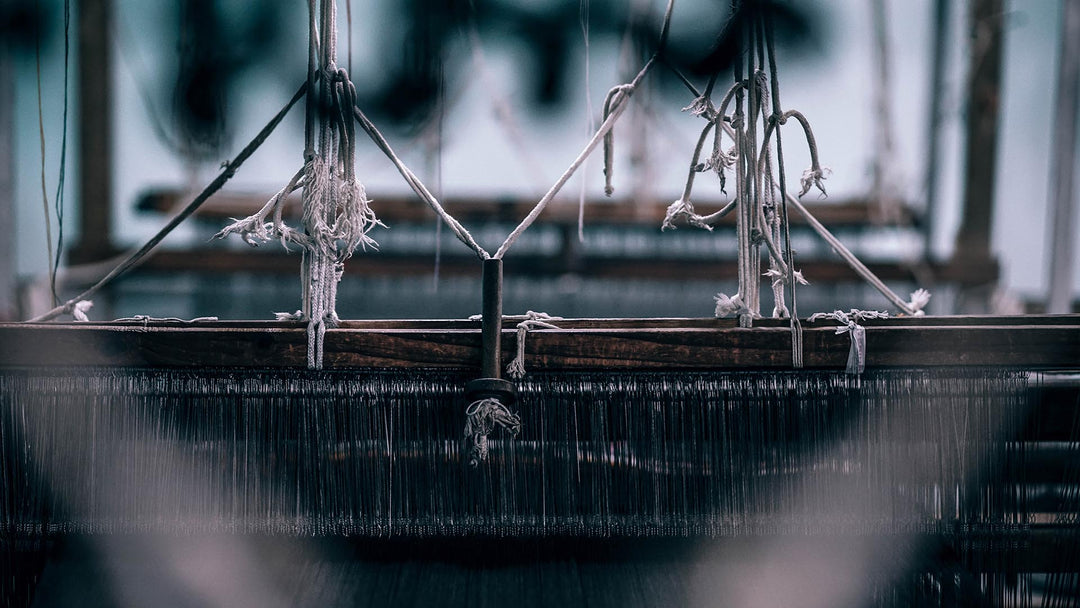Douglas McMaster goes on to tell us that: “Waste is merely the end product of a lack of imagination.” He has attracted worldwide attention for his fervent commitment to sustainability. Having worked for Michelin star restaurants such as Noma, The Fat Duck and St. John, he went on to open the world’s first and only waste-free restaurant, Silo. As such, he has laid down the gauntlet for the global food industry, and is showing how a sustainable business can also be lucrative.
You are one of the foremost businesses worldwide within zero waste. How did it all start?
Having worked for so many different restaurants, I realised that something had to be done to reduce the volume of waste being disposed of for the sake of fine dining. This realisation resulted in a concept that developed into the Wasted pop-up shop in Sydney. This was so successful that I moved back to London to open a restaurant focusing on serving great food without producing any waste. I named the restaurant Silo.
What is it that motivates you?
I’m motivated by consistently creating good food without generating waste. Our philosophy at Silo is sustainability and trying to raise the bar when it comes to ‘upcycling’ and zero waste. I genuinely want to help address the industrialisation of food, which has such a major impact on the environment, our economy and our resources.
How do you plan to do that?
In our minds, it was important to create a solid ecosystem within the restaurant, which breeds creativity and eliminates the risk of waste. We obviously strive to use every part of each ingredient, and any food waste generated by the restaurant goes into our super compost machine, Berta. “Everyone said that we’d close within six months. But during the years we’ve been open, we’ve been named Britain’s most ethical restaurant and one of the top 100 restaurants in the UK, and we’ve gained recognition in the Michelin Guide.” On a daily basis, Berta transforms up to 60 kg of food waste into compost. We are trying all the time to move the boundaries for what is possible, and to keep our eye on the big picture. At Silo, absolutely everything – from the furniture to fittings – is produced using materials that would normally have been thrown away. One example is our chinaware, made from ground down wine bottles.

Our philosophy at Silo is sustainability and trying to raise the bar when it comes to ‘upcycling’ and zero waste
It does seem that you’ve thought about everything. Where do you get your new ideas?
When it comes to new dishes, they are the result of a lot of testing. Joost Bakker, the artist, was well known for making waste materials into art, and he really inspired me. Sometimes, however, I take things too far and have created dishes that were a bit too abstract. One example is when we served raw jellyfish, which definitely has potential but doesn’t taste that great. You live and learn.
So, which one of your dishes are you most proud of?
I’m proud of a number of our dishes, but if I had to choose one, it would be the broccoli and seaweed dish. We deconstruct broccoli with surgical precision then compose the dish using all the different parts in the best way possible. We remove the tips and serve them raw. We create a puree from the soft branches under the tips together with the peel from the stem. We steam the soft stem and serve it with the thick puree, flavoured with a garlic confit and topped with the raw broccoli tips. To finish, we pour over a maize and seaweed dashi flavoured with our own homemade miso. This is a dish using only a few humble ingredients, but which has both deep and complex flavours with no animal products – and is absolutely delicious. It is a wonderful example of a holistic dish in which we maximise our resources – and it is the ultimate dish in terms of carbon footprint and sustainability.
What are your thoughts when you look at what you’ve created?
The first thing that comes to mind is how long the restaurant has been open. Everyone said that we’d close within six months. But during the years we’ve been open, we’ve been named Britain’s most ethical restaurant and one of the top 100 restaurants in the UK, and we’ve gained recognition in the Michelin Guide. At the same time, the concept of zero waste has exploded around the world in recent years. I like to think that we have played a small part in this, and I’m very proud of that.



